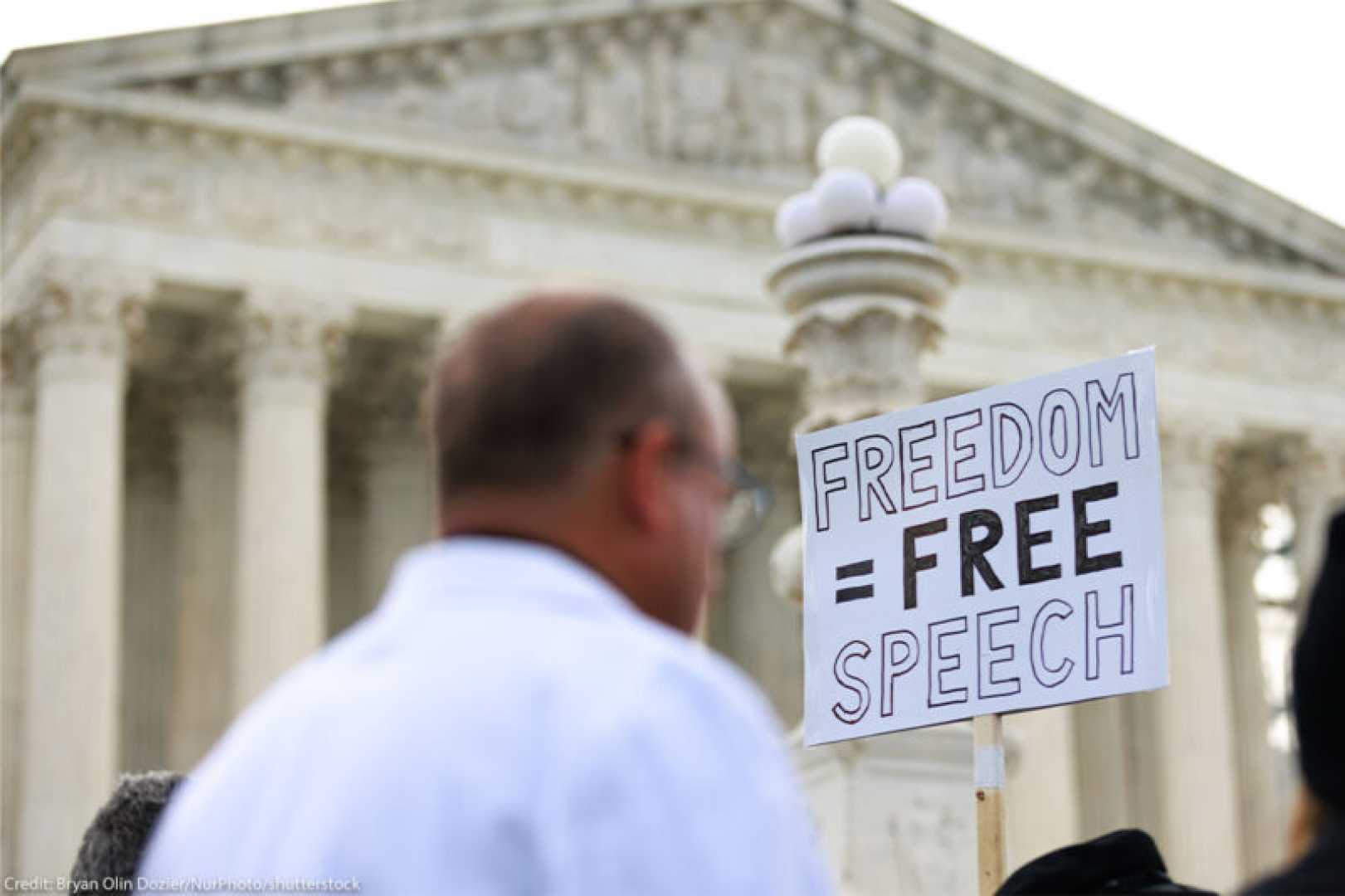News
Bipartisan Support for H.R. 9495 Sparks Fears of Unchecked Executive Power and Free Speech Suppression

The House of Representatives is set to vote again on H.R. 9495, a bill that has raised significant concerns about free speech and the potential for executive overreach. The “Stop Terror-Financing and Tax Penalties on American Hostages Act” failed to secure a two-thirds majority last week but is now up for a vote requiring only a simple majority to pass.
If enacted, H.R. 9495 would grant the Treasury Secretary the authority to unilaterally designate a nonprofit as a terrorist organization and strip it of its tax-exempt status without requiring any evidence or due process. This power is seen as dangerously broad and ripe for abuse, particularly by influential lobbying groups like AIPAC, which have been supportive of the measure.
The bill’s implications extend far beyond its initial target of pro-Palestinian advocacy groups. It could enable attacks on mosques, further marginalizing Muslim communities, and allow the Treasury Secretary to target a wide range of organizations, including news outlets, universities, and civil society groups. This could lead to the suppression of dissenting voices, including those from public universities, Planned Parenthood, the ACLU, and investigative journalism outlets like ProPublica.
Civil liberties and human rights organizations, along with over 130 other groups, have expressed strong opposition to the bill. They argue that it would hand the executive branch a tool to curb free speech, censor nonprofit media outlets, target political opponents, and punish disfavored groups across the political spectrum. The ACLU and other organizations have highlighted the lack of safeguards against abuse and the potential for politicized and discriminatory enforcement.
The vote on H.R. 9495 has seen bipartisan support, with 52 Democrats joining Republicans in favor of the bill last week. This has prompted urgent calls for constituents to contact their representatives, especially those Democrats who voted in favor, to urge them to reconsider their support).












